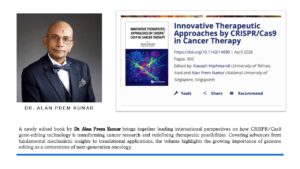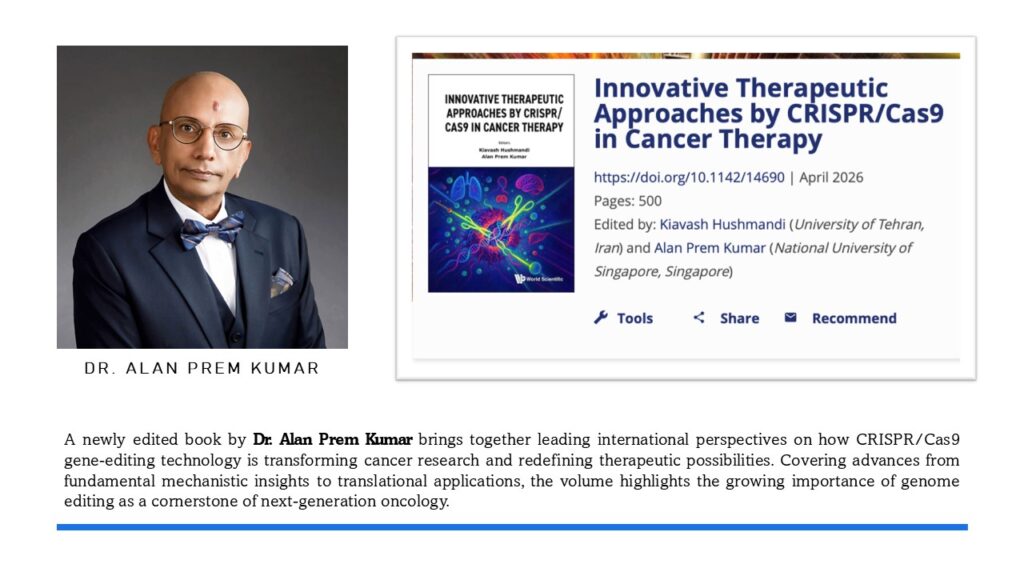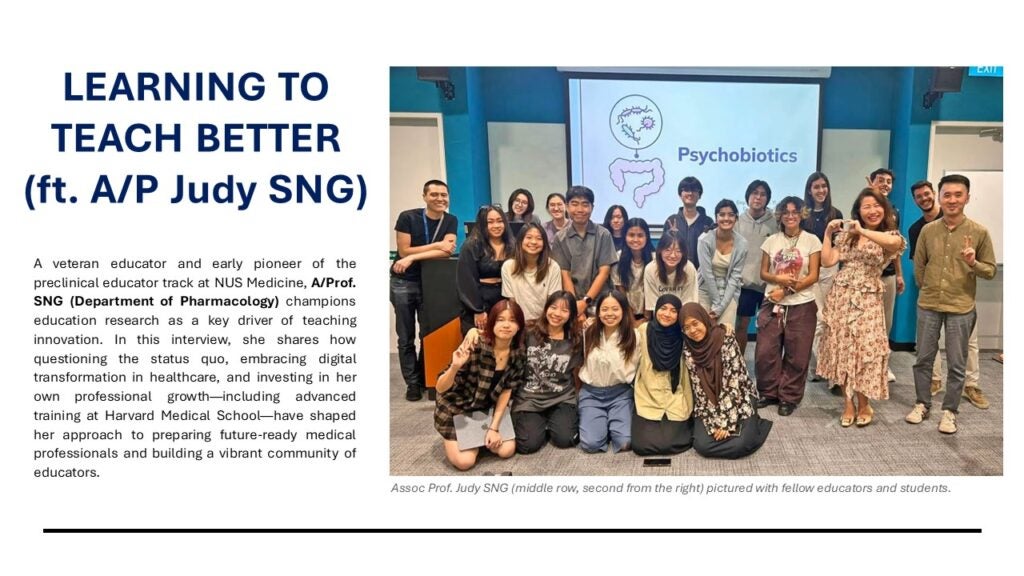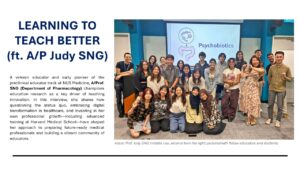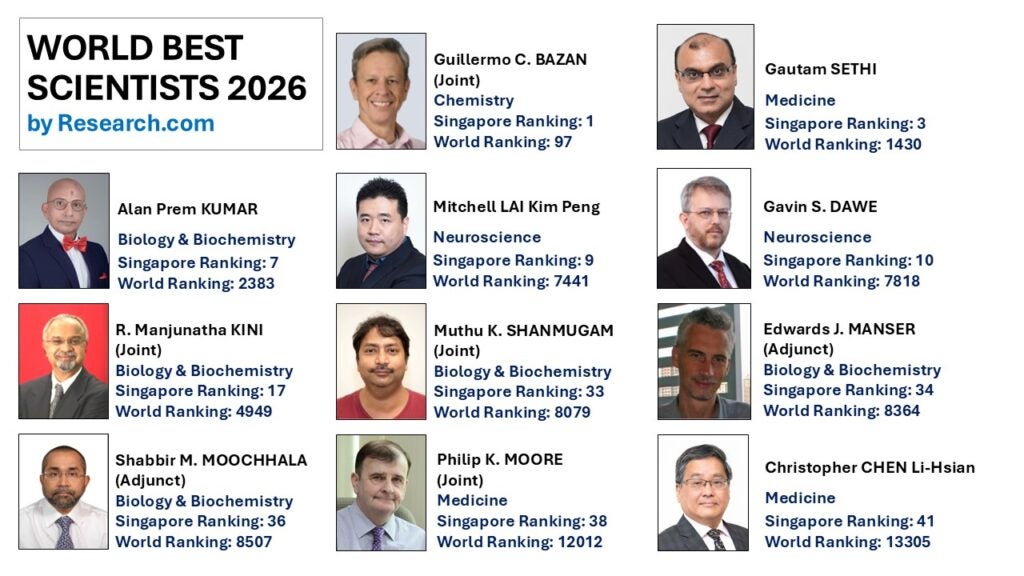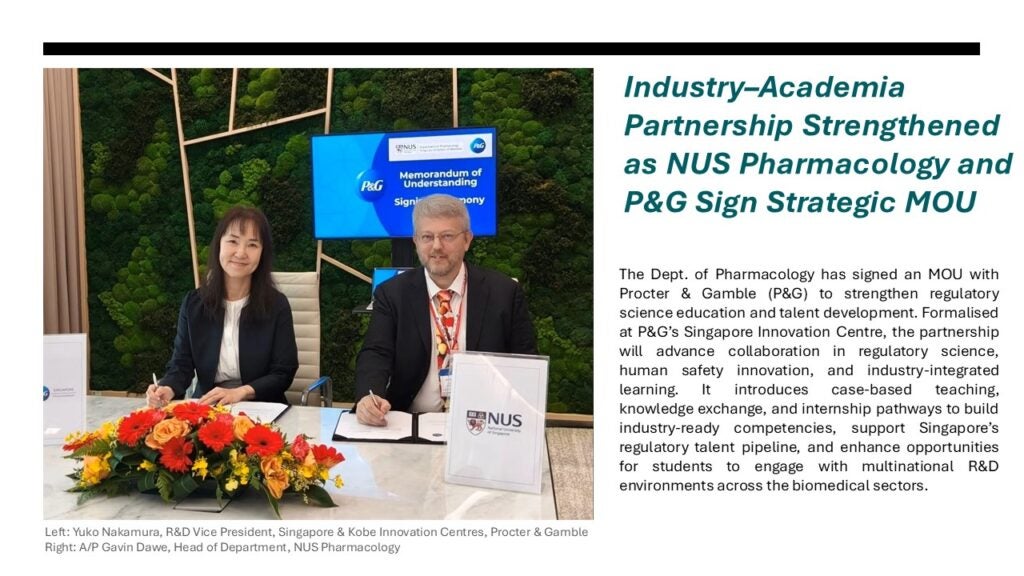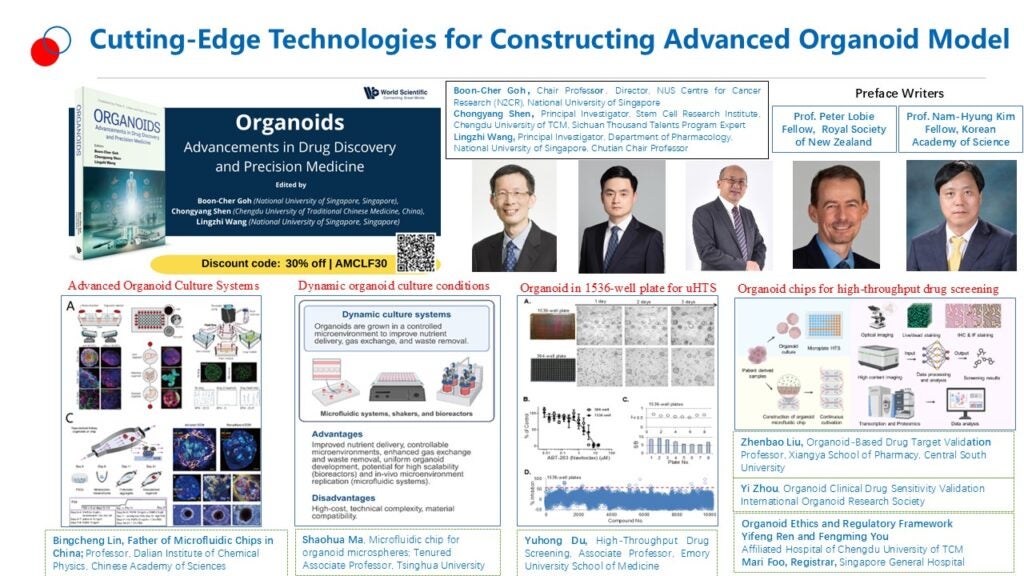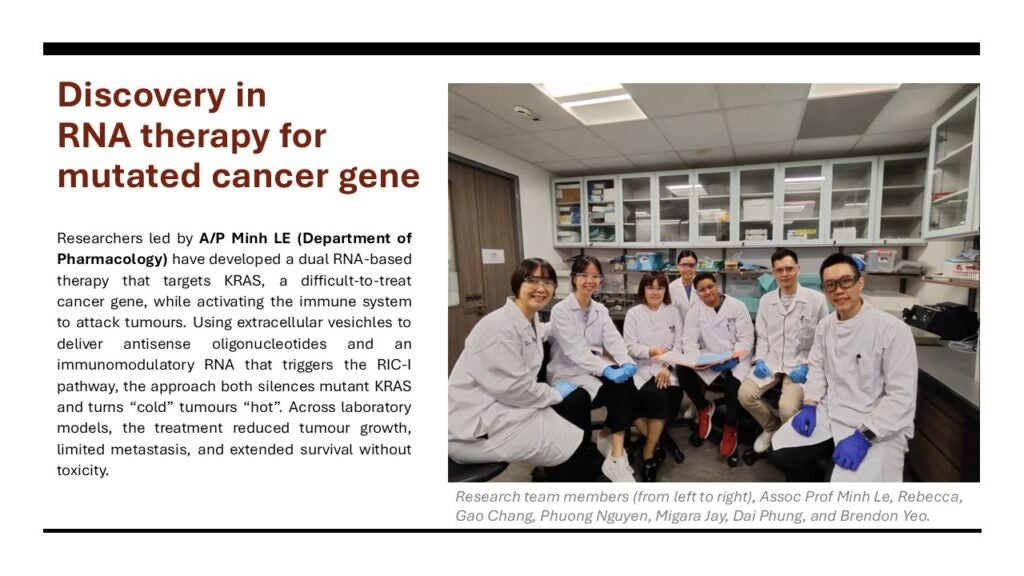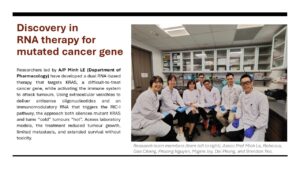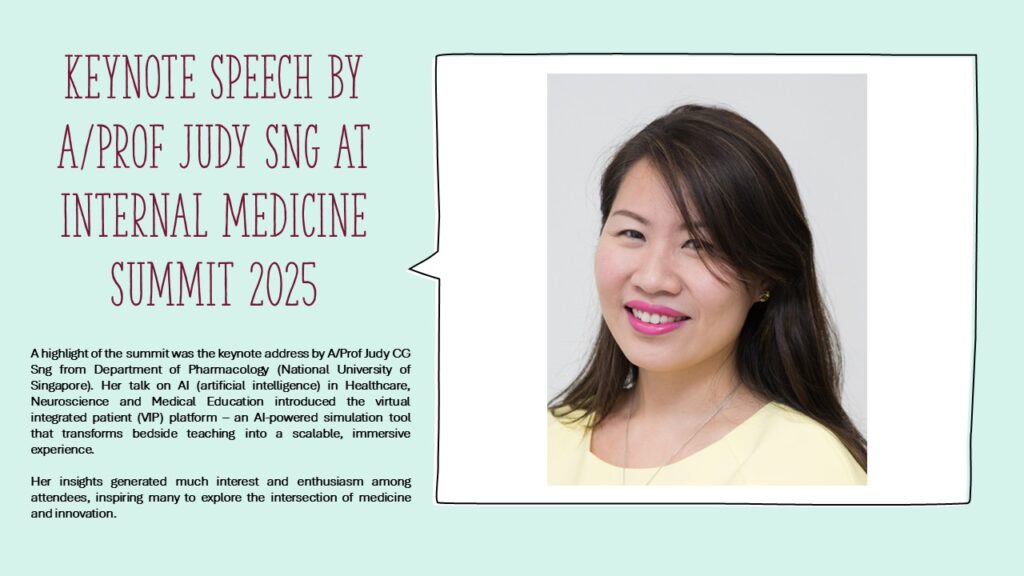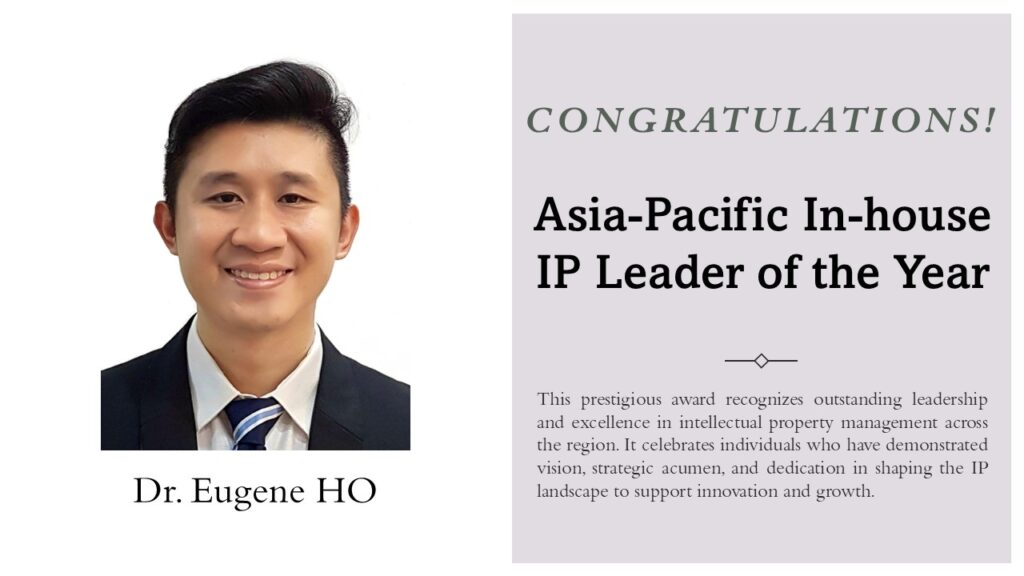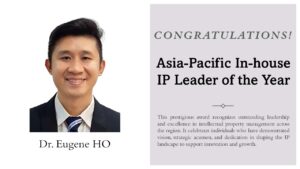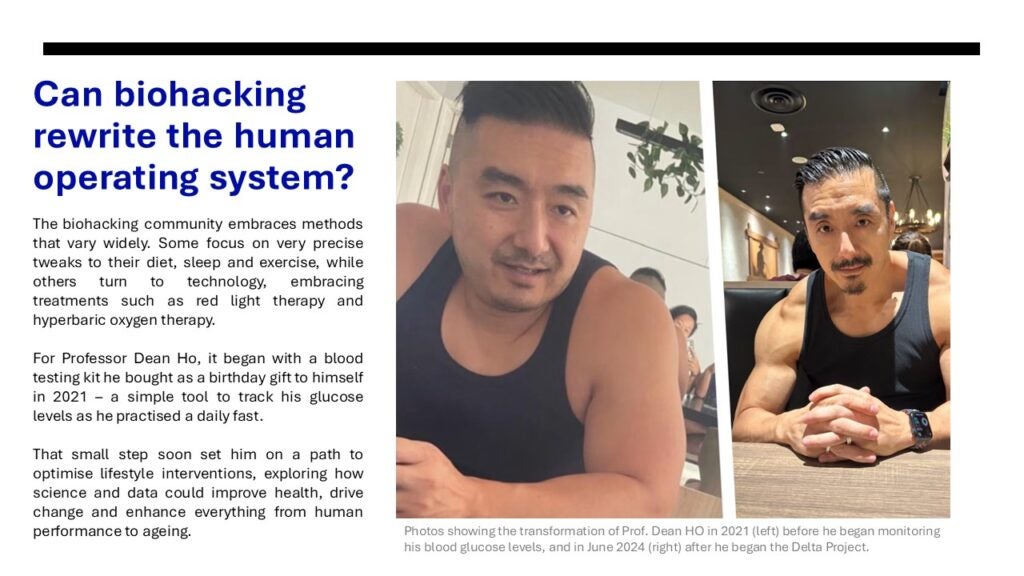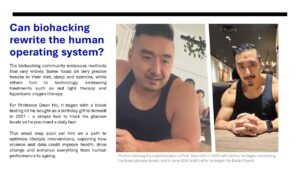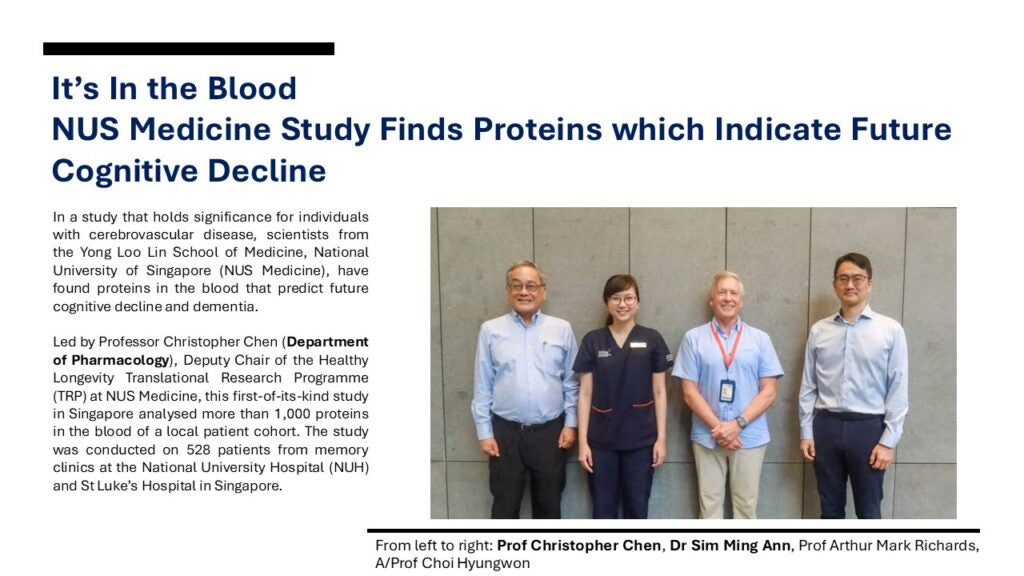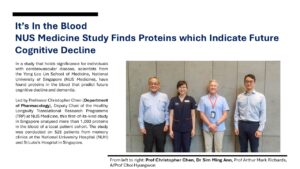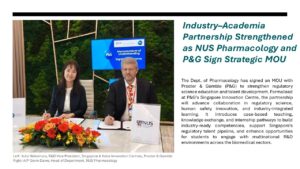
The Department of Pharmacology at the NUS Yong Loo Lin School of Medicine has taken a significant step forward in advancing regulatory science education and talent development with the signing of a Memorandum of Understanding (MOU) with Procter & Gamble (P&G). The ceremony took place at P&G’s Singapore Innovation Centre (SgIC), located in Biopolis, home to one of the company’s largest R&D hubs in Asia.
The agreement, formalised on 19 November 2025, aims to deepen collaboration in regulatory science , human safety innovation, industry-integrated learning, and talent pipeline development between one of the world’s largest consumer goods companies and Singapore’s flagship medical school.
The agreement was signed by Associate Professor Gavin Dawe, Head of the Department of Pharmacology and Yuko Nakamura, R&D Vice President, Singapore & Kobe Innovation Centers.
Building industry-ready competencies for future pharmacology leaders
Under the MOU, NUS Pharmacology and P&G will jointly explore a suite of industry-anchored initiatives that strengthen learning and professional preparation for students. These include:
- Strategic Talent Acquisition and Knowledge Exchange Programme
- Development of P&G Case Studies and Industry-Relevant Teaching Materials
- Internship Recommendations for Top Students
A/Prof Gavin Dawe noted that this partnership aligns closely with the department’s strategic direction: “We aim to nurture scientifically grounded, industry-ready graduates who can navigate both the complexities of modern pharmacology and the regulatory frameworks that shape healthcare innovation. This partnership with P&G adds a strong industry dimension to our educational mission.”
A/Prof Judy Sng added that the collaboration complements ongoing efforts to enhance applied learning across the Master of Medical Pharmacology: “Embedding case studies, industry projects, and internship pathways helps our students see how pharmacology translates into real-world impact. It equips them with the confidence and competence needed to take on regulatory and product safety roles in Singapore and beyond.”
Advancing Singapore’s regulatory talent ecosystem
The MOU further supports the nations efforts to develop a strong talent pipeline in regulatory affairs, an area increasingly critical as Singapore strengthens its biomedical sector, consumer safety frameworks, and translational research footprint.
By bringing together academic expertise and P&G’s global regulatory leadership, the collaboration aims to:
• cultivate next-generation regulatory and pharmacovigilance professionals
• enhance industry-aligned curriculum development
• grow Singapore’s competitiveness in product safety and compliance innovation
• expand opportunities for students to engage with multinational R&D environments
Looking ahead
Over the next two years, both parties will jointly review progress, identify new opportunities, and deepen cooperation in emerging areas such as toxicology applications, human safety science, and industry-aligned regulatory training.
A/Prof. Seok (Soga) Kwon added: “This collaboration supports our mission to empower students with both scientific depth and applied regulatory insight. Partnering with P&G reinforces our commitment to preparing graduates who can serve the region’s growing healthcare and biomedical innovation needs. The NUS Biomedical Sciences Interdisciplinary Industry Academy will continue to serve as a platform for sustainable collaboration by bridging academia and industry partners.”
Yuko Nakamura added: “This partnership reinforces P&G’s and NUS Pharmacology’s commitment to building future-ready programs and fostering meaningful collaborations that benefit students, industry, and society. Through this partnership with NUS, we are accelerating innovation at P&G while nurturing the next generation of leaders who will transform our industry. Together, we are shaping a future where science and collaboration drive meaningful impact for society.”
Seema Sundaresan, Senior Director, Regulatory Affairs, Personal Healthcare envisions this collaboration to benefit the talents of the future – the students, she added: “P&G is excited to team up with NUS Pharmacology and together, we are here to help YOU – students, our next generation of scientists – to kickstart your career in health and safety! By blending real-world industry applications into your studies and offering hands-on projects and internships, we’re creating amazing opportunities for you to grow and make an impact. Join us in shaping the future of health—together, we can make a difference for patients and communities!”
